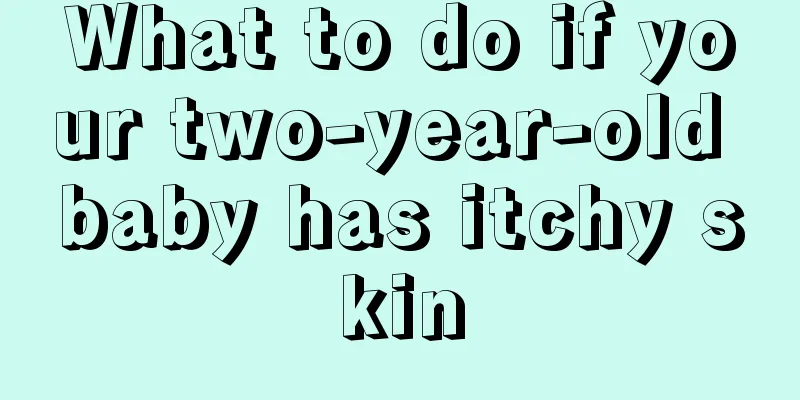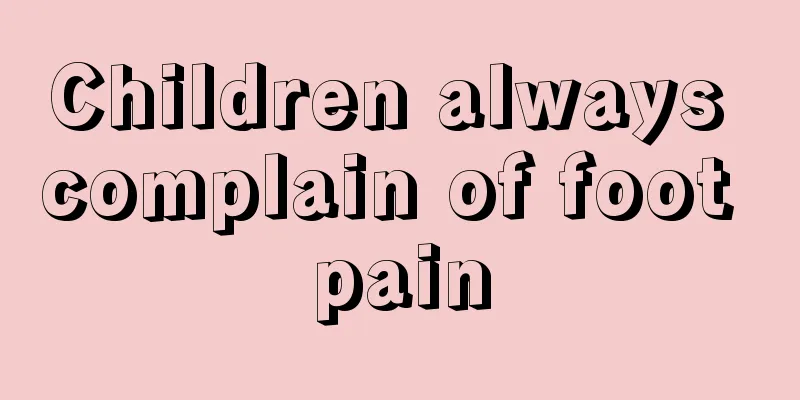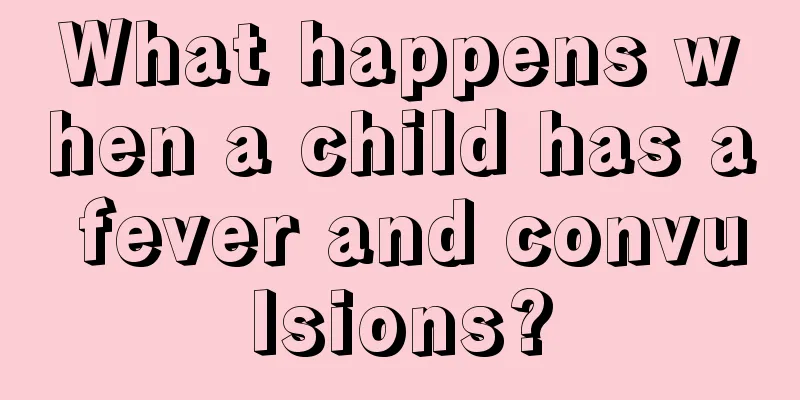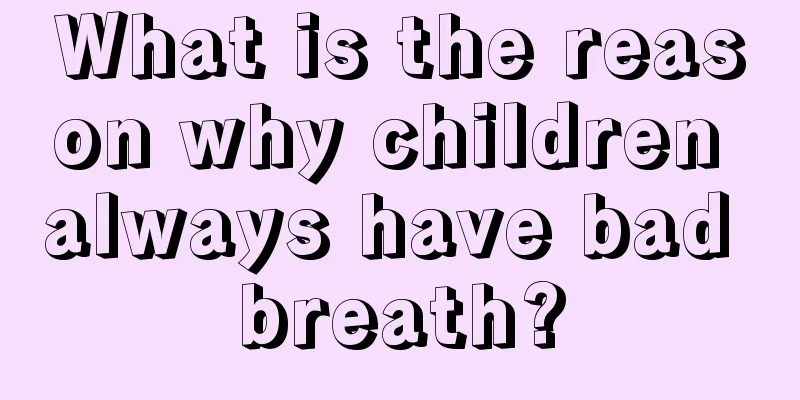What snacks can children eat?

|
Most children prefer snacks and are not interested in staple foods. However, children who often eat snacks tend to be picky eaters, which can lead to malnutrition. Therefore, parents should be selective when choosing snacks for their children. Choosing snacks that are appetizing and nutritious will help their children's growth and health. So what snacks can kids eat? Dairy products and high-calcium foods: such as milk, yogurt, and cheese. Vegetables and fruits: Cucumbers and carrots are more nutritious, corn, tomatoes, apples and oranges are all good snacks. Cereals and meats: such as peanut butter crackers, ham, fresh milk cereal, etc. If a child likes to eat snacks, in addition to correcting the bad snacking habits in a timely manner, parents can also often encourage the child to eat a variety of foods, allowing the child to choose food within a limited range (such as vegetables, fruits and melons), such as white rice, pork, beef, and cabbage. Parents should set a good example for their children by maintaining a balanced diet. If a child does not like a certain type of food, parents do not need to be too anxious or force the child to eat it, because picky eating is usually only a temporary phenomenon. Parents can let their children try such foods slowly, starting with a small amount and then gradually increasing the amount. If the situation is serious, you should consult a medical professional or psychologist. What to do if your child doesn't like to eat It is common for babies to not like to eat. There may be several reasons: 1. Normal growth slows down and the requirement for food decreases, which will occur around the end of the first year; 2. A sprout of autonomy. This kind of autonomy can appear when eating, getting dressed, taking a bath, before going to bed, etc., and they are unwilling to be manipulated by others (feeding is also a kind of manipulation); 3. The child is in high spirits, such as hitting toys, building blocks, tearing paper, throwing things, etc., and is unwilling to stop; 4. Been scalded or cooled down once. I have been choked, but I have memories and I am unwilling to eat; 5. The food is not cooked to your taste, or is too salty or too bland, or the pieces are too big or too hard, which also affects your appetite; 6. There are too many distracting people or things in the dining environment; 7. When you are sick, tired, in a bad mood, or just woke up, you may not want to eat. |
<<: Can hydrocephalus in children be cured?
>>: Can children wear high heels?
Recommend
What anti-inflammatory medicine should a child take if he has a fever after tooth extraction?
Tooth extraction is actually a very normal minor ...
Consequences of a sunken anterior fontanelle in babies
From the ten months of pregnancy to the baby'...
How to train your baby to suck milk
It is very wrong for babies to always like to suc...
What are the reasons why six-month-old babies cry at night?
Six-month-old babies have gradually developed com...
What are the prevention and treatment methods for Helicobacter pylori in children?
There is a kind of bacteria growing in people'...
What to do if your child keeps coughing
As a parent, the last thing we want to do is to s...
What should I do if my child loves watching TV? These tips work great!
Some children like watching TV very much, which i...
What is the cause of peeling skin on the baby?
We all know that every baby is the hope of the fa...
What should I do if my child’s baby teeth are broken?
A mother carries her baby for ten months before g...
What to do if blisters appear on your child's hands
Children are young and their immunity is not stro...
What can babies eat to treat constipation faster?
Spring is here, and although the climate is a lit...
What should I do if my child has a stomach cold?
It is normal that children's immunity is not ...
How old can a girl grow taller?
Some girls are shorter because of their short par...
How to treat jaundice by sunbathing
Jaundice is a very serious disease. If you have n...
Why do children often have nosebleeds? This is the culprit
If a child only has a nosebleed occasionally, it ...









